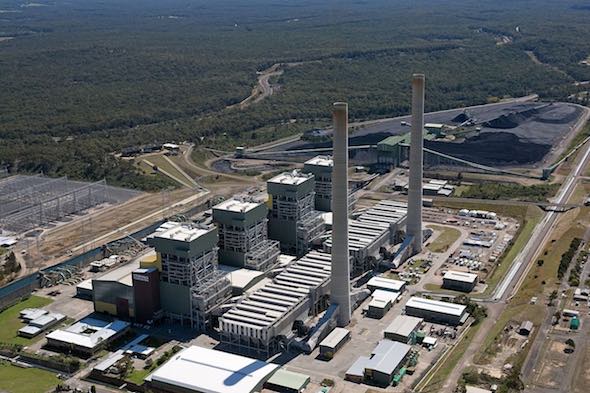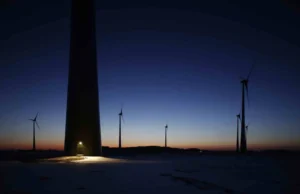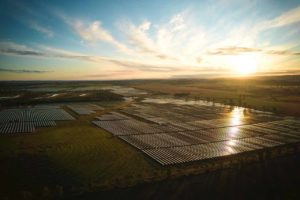New South Wales energy and climate minister Penny Sharpe has praised the previous government’s renewable infrastructure roadmap, and says the new Labor government is looking at how it can accelerate it.
It’s a rare thing for Labor to praise any policy action by the Coalition, particularly when it comes to climate and energy, but Sharpe told the Smart Energy conference in Sydney on Wednesday that she wanted to recognise the leadership of former NSW energy minister Matt Kean in putting together the plan to replace coal.
NSW has the biggest coal fleet in the country – more than 10GW – and at least four of its five remaining generators are due to be shuttered over the next 11 years. (A sixth, Liddell, closed last Friday) If the government is serious about 1.5°C, then all need to be gone by then.
The roadmap put together by Kean and his previous government plans to get 12GW of new wind and solar generation by 2030, plus another 2GW of long duration storage. That roadmap is now being used as a blueprint for the national Capacity Investment Mechanism that will roll out later this year.
The results of the first of a series of up to 20 renewable and storage auctions in NSW was released this week, with two solar plants, one wind farm and a first of its kind eight-hour battery getting the nod.
The big question, however, is whether that required capacity can be delivered on time to replace coal, and if the roadmap can be accelerated, particularly in light of the latest delays and multi-billion dollar cost blowouts at the controversial Snowy 2.0 pumped hydro project.
Labor is expected to supplement the roadmap laid out by Kean with its new Energy Security Corporation, which will be armed with a billion dollars to support long duration storage, and community batteries. But few details have been released on how that will work.
“As we get our feet under the table, I’m getting all the briefings and where the roadmap’s up to,” Sharpe told RenewEconomy after her speech to the conference.
“Obviously there’s some significant challenges, which I’m not going to hide from. But I’m asking at all points, how, what can we do to accelerate it? How do we remove the barriers that are slowing things down?
“But I think there’s another bit of work, which I sort of touched on today, which is that actually the need for us to drive this through government. It’s not just this portfolio that’s responsible.
“We’re serious about dealing with workforce if we’re serious about dealing with procurement, we’re serious about what we’re doing around local manufacturing and getting that out of the ground as well.
“All of those things need to happen and I would work really closely with my colleagues to actually see where that acceleration could also happen.”
One of the most controversial comments made by the new Labor government was over the question of Eraring, and its suggestion that it could even seek to buy back the country’s biggest coal generator and keep it running for longer.










